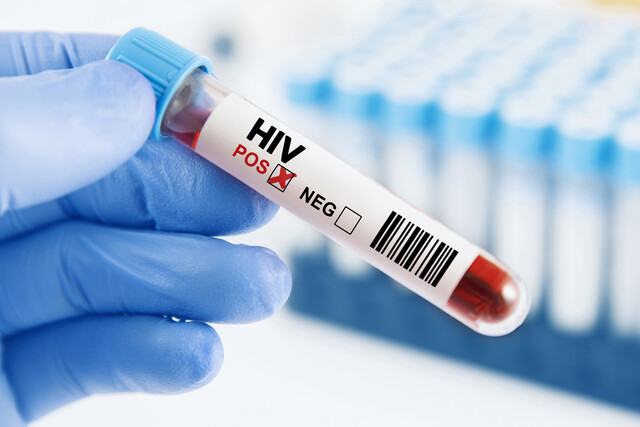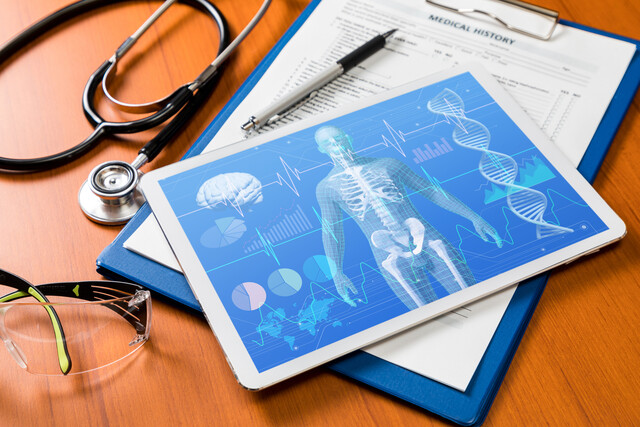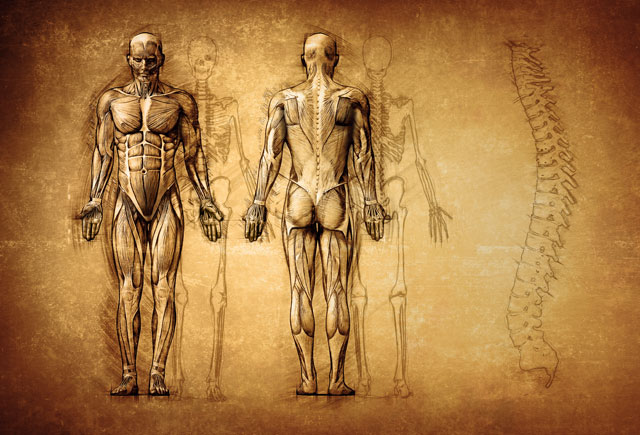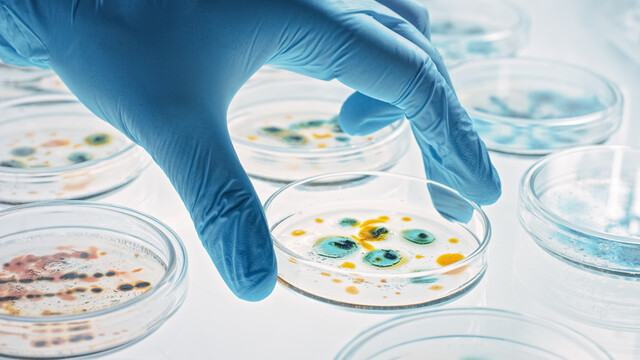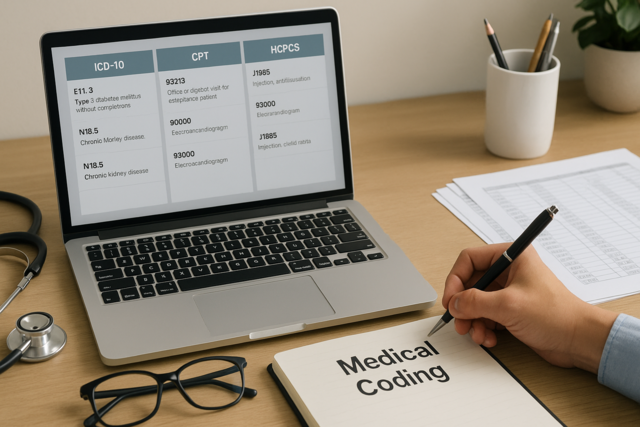|
Morning sickness � Most experts agree that morning sickness is caused by the great fluctuation of your hormones as you begin your pregnancy journey. Additional studies also indicate that morning sickness can actually be a good sign in that your body is producing an adequate amount of hormones to sustain the pregnancy. Morning sickness can also be caused by extreme fatigue. There are as many "cures" for morning sickness as there are mothers. You just need to try a few techniques to discover what works best for you. Some women eat crackers before they get out of bed in the morning. Other women insist that they need protein right away. Still others feel better if they take a walk outside in the morning. Every woman is different, and this is the first step for you to figure out what works for you. Consider all the advice you are given, but only use what works for you.
Food aversions - During your first trimester, you may find that certain foods, even favorite foods, make you feel nauseous. Some women even have a slightly metallic taste in their mouth that contributes to the feelings of nausea. Most food aversions end by the fourth month of pregnancy.
Typically, food aversions are attributed to hormonal changes in the body. This explains why your first trimester can be so difficult, because the hormonal changes in your body are especially high during the first trimester, as your body becomes accustomed to the state of pregnancy. You may even discover that you have a heightened sense of smell, and that you salivate more than you did before, both of which can contribute to the problem.
Do not force yourself to eat anything that you find distasteful. Listening to your body is especially important during pregnancy, and when a food is distasteful to you during pregnancy, you need not punish yourself by eating it. If the aversion lasts throughout your pregnancy, you will find that once you deliver, your aversion to specific foods has disappeared as mysteriously as it appeared.
As long as you stick to a healthy diet and get the appropriate nutrition the baby needs, do not be concerned about your appetite changes. If your food aversions are to foods that could be helpful to your pregnancy, such as fruits and vegetables, you are especially committed to taking nutritional supplements so that your baby has the necessary vitamins and minerals available for development.
Food cravings � You've probably heard about the ice-cream and pickles craving being the first indication that a woman is pregnant. While that is an old wives tale, there are good chances that you will develop cravings for particular foods. Again, cravings, like aversions, are typically caused by hormonal changes going on in your body due to becoming pregnant.
There is a school of thought that whatever you crave is obviously what you need to eat. This is an inaccurate measure of nutritional needs. Some women crave chocolate malts all throughout their pregnancy and the only nutritional value is a little bit of calcium from the milk, but the bigger problem can be in the form of gestational diabetes from consuming too many calories and far too much sugar than either you or the baby needs.
Most food cravings disappear by the fourth month, again because your hormones are beginning to settle down. Eating a healthy diet is still the most important advice for a pregnant woman. Do not worry about your change in food tastes; aversions or cravings. You can respond to cravings within reason, but be very careful of the empty calories found in sweets: chocolate, ice cream, candy, cake, doughnuts, etc. If you have a craving for food that is not very good for you, then try a form of distraction like going for a walk, reading, or getting together with a friend.
Pica: There is a very rare condition in some pregnant women regarding food cravings, and they are for unusual and typically inedible substances like clay, starch, dirt, ice chips, ashes, or road salt. This can be dangerous and is caused by iron deficiency. If you experience a craving that is not a food substance, mention it to your health care provider right away. You may have a condition called pica, and this needs to be treated medically.
Mood Changes - The most common condition of pregnancy will be your mood swings. Your emotional status is going to experience the ups and downs of a roller coaster. These hormones can affect you in many ways and cause a wide range of reactions from mood swings, to headaches, fatigue, breast soreness, complexion problems, and changes in your hair and nails. Usually you are able to handle mood changes and other pregnancy issues by learning to pamper yourself to some extent. Most women experience only minor changes, but some women actually find that they develop migraines, or depression symptoms. If you believe that your mood swings are extreme and the other symptoms exaggerated beyond what you think should be normal, be sure to talk to your health care provider.
Breast discomfort and size � If you've ever wanted bigger breasts, your wish is about to come true. Because of the increase in your body's hormonal fluctuations, vascular development, and the development of the mammary tissues in your breasts, you will see an increase in size of your breasts by at least one to two cup sizes. Your breasts can actually account for about two pounds of your pregnancy weight when you are ready to deliver. The increase in both estrogen and progesterone is the main cause of the swelling and sensitivity that you are feeling in your breasts. Because of the changes that are occurring in your breast you will likely feel at least a tingling sensation in your breasts and nipples, and some will even feel pronounced discomfort to the point that you have no desire to have your partner touch your breasts. This usually subsides by the end of your first trimester. Be sure to find and wear comfortable and supportive bras that will help to minimize sagging and reduce any possible stretch marks.
Constipation � Because of the stress of pregnancy, the hormonal changes and the onset of weight gain, many women will experience constipation during their pregnancy. This can begin in the first trimester because of the hormonal fluctuations. The best thing is to drink between eight and ten glasses of water a day and use a fiber supplement like Metamucil or organic psyllium to help with any constipation. Exercise is helpful as is the addition of bran, fruits and vegetables to your diet.
Urinary frequency � By the fifth week of your pregnancy, your uterus will have increased enough in size and position that it will begin to interfere with your bladder function due to the increased pressure. You will experience urgent need to urinate on a frequent basis. Some women try to compensate for this by restricting fluids, but this is not good either for you or for the baby. Just accept this as part of your pregnancy. If you have burning and pain on urination, this is an unusual symptom and needs medical attention.
Hot flushes � One of the great things about pregnancy is that your metabolism speeds up. With that increase comes a feeling of being warm all the time, or feeling flushed. About the only thing that you can do is to dress appropriately, wear layers that you can take off as needed.
Bleeding gums � All pregnant women will see additional color to their gums and some slight swelling. This will start in the first trimester and will become especially pronounced by the third trimester.
Skin discolorations and changes � Some women develop the pregnancy "glow" during their pregnancy and experience no real problems with their skin during pregnancy. Other women will experience a variety of different conditions that can be problematic. For pregnancy acne, you are allowed to use a few over the counter preparations. The ones that you MUST avoid are those that contain benzoyl peroxide, retinol, salicylic acid, and prescription acne medications. Keep your skin clean and clear by using a mechanical exfoliant that that has synthetic beads or ground up nut shells in it.
Still other women will have extremely dry skin during pregnancy. The best remedy for this is to moisturize after every shower and be sure that you are drinking enough water. Also, keep your shower from being too hot and do not stay in it for longer than ten minutes. This will help prevent moisture loss through your skin.
Most women will have a condition that is called hyperpigmentation during their pregnancy. This is caused by the increased vascular flow throughout their body. Some women will see it in the areolar areas of their breasts. Still others will actually develop the "mask of pregnancy" that will go away after pregnancy.
Your Partner's Reaction:
Men react to pregnancy differently than women do. Their primary concerns revolve around the new role they have to play; that of protector and provider. While it may be easy enough to talk about having a baby, once pregnancy is confirmed, it is no longer a hypothetical situation. Men will not feel what you feel during pregnancy. You will feel the changes your body is making, you will feel the connection with your baby, and you will feel the mood swings and food cravings. All your partner can do is see the changes and experience your moods as they occur, but they all stem from you and not from him. As a result, your partner is going to feel less connected to your pregnancy. It is not his fault, that is the nature of the condition.
Do remember, that a man is going to worry, but they do not always share their concerns. He is going to look at all the financial and practical matters that will be affected by your pregnancy. His primary concerns are going to be health care, upcoming expenses, whether or not you have a place for the baby, whether or not you have to move, the intrusion of the baby in your lives, sex, you, etc.
Your partner may not know what it really means to him to be a dad. Perhaps he had a great dad and he is afraid he will not be able to fill those shoes. Perhaps he did not have a close relationship with his father, and as a result really feels inadequately prepared to connect with a child of his own. He may be afraid to make mistakes in raising the child.
All of these concerns are valid for your partner. Both of you need to establish good lines of communication.
Sex:
For most women, it is safe to have sex throughout most of your pregnancy. The baby has its own protective cushioning by virtue of the amniotic sac and fluid. As long as the mucous plug is still in place, there is no risk of infecting the baby either. Talk to your health-care provider about the following issues:
- An incompetent cervix, where the cervix opens prematurely.
- A history of going into premature labor.
- Sexually transmitted diseases.
- Placenta previa; where the placenta blocks part or all of the cervix.
- Your water breaks. Usually this means you need to get to the hospital.












